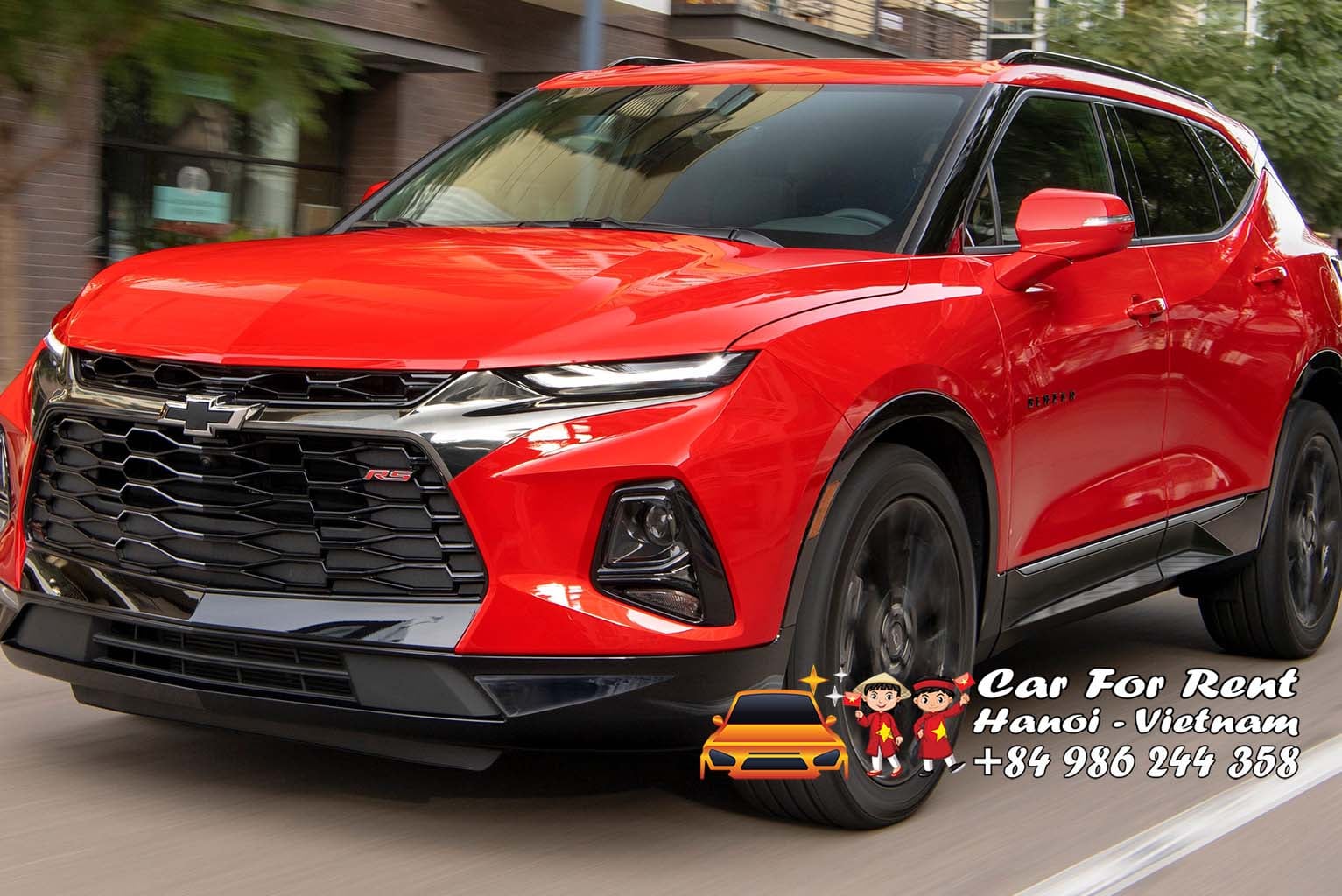insurance for car rental If you are planning to rent a car for your next trip, you may be wondering if you need insurance for car rental. The answer is yes — and no. Depending on your situation, you may already have some coverage from your personal auto insurance policy, your credit card, or a third-party insurer. However, you may also need to buy additional insurance from the rental car company or elsewhere to protect yourself from unexpected costs in case of an accident or damage.
In this blog post, we will explain everything you need to know about insurance for car rental, including:
- What types of insurance are available for car rental
- How to check if you already have coverage from your personal auto insurance policy or your credit card
- How to compare and buy the best deals on insurance for car rental online
- How to avoid common pitfalls and scams when buying insurance for car rental
- What to do in case of an accident or damage with your rental car
What Types of Insurance are Available for Car Rental insurance for car rental
When you rent a car, you will be offered different types of insurance products by the rental car company or other providers. These include:

- Liability insurance: This covers injuries or property damage that you cause to others in a crash, up to the policy limits. This is required by law in most states and countries, and is usually included in the base rate of the rental car. However, the minimum liability limits may not be enough to cover all the potential costs of a serious accident. You may want to buy additional liability insurance or supplement it with your own personal auto insurance policy or umbrella policy.
- Collision damage waiver (CDW) or loss damage waiver (LDW): This covers damage or theft of the rental car, regardless of who is at fault. It also waives your responsibility for paying the deductible or the excess amount that the rental car company would normally charge you in case of a claim. This is optional and not required by law, but it can be very useful if you don’t have comprehensive or collision coverage on your own personal auto insurance policy or if you don’t want to risk losing your no-claim bonus. However, it can also be very expensive and may have some exclusions or limitations, such as not covering damage caused by driving off-road, speeding, or under the influence of alcohol or drugs.
- Personal accident insurance (PAI): This covers medical expenses and death benefits for you and your passengers in case of an injury in a crash involving the rental car. This is optional and not required by law, but it can be helpful if you don’t have adequate health insurance or life insurance coverage. However, it may also overlap with your own personal health insurance policy or travel insurance policy, so check carefully before buying it.
- Personal effects coverage (PEC): This covers loss or damage of your personal belongings that are in the rental car, such as luggage, electronics, or clothing. This is optional and not required by law, but it can be useful if you don’t have renters insurance or homeowners insurance that covers your personal property while traveling. However, it may also have low limits and high deductibles, so check the details before buying it.
How to Check if You Already Have Coverage from Your Personal Auto Insurance Policy or Your Credit Card
Before you buy any insurance for car rental, you should check if you already have some coverage from your personal auto insurance policy or your credit card. Here’s how:
- Check your personal auto insurance policy: If you have a personal auto insurance policy that covers your own vehicle, it may also cover a rental car that you use for personal purposes. In most cases, your auto insurance policy will provide equivalent coverage for a rental car as long as it is of similar value to your own vehicle. For example, if you have comprehensive and collision coverage on your own vehicle, your rental car will likely be covered if it’s damaged, stolen, or totaled. However, you will still have to pay the deductible that applies to your own policy if you file a claim with your insurer. Also, keep in mind that some types of vehicles may not be covered by your own policy, such as luxury cars, RVs, motorcycles, or trucks. You should also check if your policy covers driving in other states or countries where you plan to rent a car.
- Check your credit card: If you pay for the rental car with a credit card that offers rental car insurance benefits, you may also have some coverage from your credit card issuer. Many credit cards offer secondary coverage for damage or theft of the rental car after your own personal auto insurance policy pays out. Some credit cards also offer primary coverage for damage or theft of the rental car without involving your own personal auto insurance policy at all. However, credit card coverage may have some restrictions and exclusions, such as not covering liability claims, personal injury claims, personal property claims, or certain types of vehicles, such as exotic cars, antique cars, or vans. You should also check if your credit card covers driving in other countries where you plan to rent a car.
To use credit card coverage for car rental,
you usually need to decline the CDW/LDW offered by the rental car company,
pay for the entire rental with the eligible credit card,
and be the primary driver listed on the rental agreement.
You should also read the terms and conditions of your credit card agreement carefully and contact your credit card issuer if you have any questions.
How to Compare and Buy the Best Deals on Insurance for Car Rental Online
If you don’t have enough coverage from your personal auto insurance policy or your credit card,
or if you want more peace of mind,
you may want to buy additional insurance for car rental online.
There are several ways to do this,
such as:
- Buy insurance from the company renting you the car: This is called a Damage Waiver,
or Super Collision Damage Waiver (SCDW)
and can be purchased when you book the car,
or at the rental desk.
It reduces the excess (often down to zero)
in the event of damage.
This is usually the most convenient option,
but also the most expensive one.
You may end up paying more than what you would pay for a claim with your own insurer.
You should also read the fine print carefully and look out for any exclusions or limitations.
- Buy insurance from a third-party insurer: This is called an Excess Reimbursement Insurance (ERI),
or Collision Damage Insurance (CDI)
and can be purchased online before you pick up the car.
It reimburses you for any excess amount that you have to pay to the rental car company in case of a claim.
This is usually cheaper than buying a Damage Waiver from the rental company,
but also less convenient.
You may have to pay upfront for any damage and then file a claim with the third-party insurer later.
You should also check if the third-party insurer covers all types of vehicles,
all countries,
and all situations.
Some examples of third-party insurers are Allianz Global Assistance1,
- Buy insurance from an online broker: This is called a Car Hire Excess Insurance (CHEI),
or Rental Car Damage Protector (RCDP)
and can be purchased online before you pick up the car.
It works like a third-party insurer,
but instead of buying directly from one insurer,
you can compare and choose from different insurers through an online platform.
This can help you find the best deal and coverage for your needs and preferences.
Some examples of online brokers are Rentalcars.com4,
KAYAK ,
or Booking.com .
How to Avoid Common Pitfalls and Scams When Buying Insurance for Car Rental
When buying insurance for car rental,
you should also be aware of some common pitfalls and scams that could cost you money or trouble.
Here are some tips on how to avoid them:
- Don’t buy more than what you need: You don’t need to buy all types of insurance offered by the rental company or other providers.
Only buy what suits your needs and preferences,
and what complements your existing coverage from your personal auto insurance policy or credit card.
For example,
if you already have comprehensive and collision coverage on your own vehicle,
you may only need liability insurance from the rental company,
and maybe a Damage Waiver if you want more peace of mind.
If you already have liability coverage on your own vehicle,
you may only need a Damage Waiver from the rental company,
or an Excess Reimbursement Insurance from a third-party insurer.
If you already have full coverage from your credit card,
you may not need any additional insurance at all.
- Don’t fall for pressure tactics: The salespeople at the rental counter may try to pressure you into buying their expensive Damage Waiver or other products by telling you horror stories about
- what could happen if you don’t buy their insurance,
- how their insurance is better than your own or your credit card’s,
- or how their insurance is mandatory or required by law. Don’t let them intimidate you or confuse you with technical terms or fine print. You have the right to decline their insurance and choose your own, as long as you have the minimum liability coverage required by law. You can also ask for a written confirmation of what they are offering you and what you are agreeing to, and read it carefully before signing anything.
- Don’t pay for duplicate coverage: Sometimes, the rental company or other providers may try to sell you insurance products that overlap with each other or with your existing coverage. For example, they may try to sell you a Personal Accident Insurance that covers medical expenses and death benefits for you and your passengers, when you already have a health insurance or a travel insurance that covers the same thing. Or they may try to sell you a Personal Effects Coverage that covers loss or damage of your personal belongings in the rental car, when you already have a renters insurance or a homeowners insurance that covers the same thing. Or they may try to sell you a Collision Damage Waiver and an Excess Reimbursement Insurance that both cover damage or theft of the rental car, when you only need one of them. To avoid paying for duplicate coverage, you should check what each insurance product covers and what it excludes, and compare it with your existing coverage from your personal auto insurance policy or credit card.
What to Do in Case of an Accident or Damage with Your Rental Car
The last step to renting a car is to know what to do in case of an accident or damage with your rental car.
Here are some tips on how to handle such situations:
- Stay calm and safe: If you are involved in an accident with another vehicle or a pedestrian, or if you hit an object or an animal, you should stay calm and safe. You should move your rental car to a safe place if possible, or turn on the hazard lights and set up warning signs or cones if available. You should also check yourself and your passengers for any injuries and call 911 if anyone needs medical attention.
- Exchange information and report the incident: You should exchange information with the other party involved in the accident, such as their name, address, phone number, license plate number, driver’s license number, insurance company, and policy number. You should also take photos and videos of the scene, the damage, and any injuries, and get the names and contact details of any witnesses. You should also report the incident to the rental car company, your personal auto insurance company, your credit card issuer, and any other insurer that covers your rental car as soon as possible. You should follow their instructions on how to file a claim and what documents or evidence they need from you.
- Don’t admit fault or sign anything: You should not admit fault or apologize for the accident, as this could affect your liability or claim later. You should also not sign anything that the other party or their insurer gives you without reading it carefully and consulting with your own insurer or lawyer. You should only sign the rental car company’s accident report form after verifying that it accurately reflects what happened.
- Return the rental car: You should return the rental car to the designated location on time, unless it’s too damaged to be driven. You should also inspect the rental car with the rental agent and note any new damage on the inspection sheet. You should also keep a copy of the inspection sheet, the rental agreement, and any receipts for proof. You should also ask for a confirmation that you have returned the rental car and that there are no outstanding charges or fees.
Contact us:
Car For Rent Hanoi VietNam
https://zalo.me/0986244358
Conclusion
Renting a car can be a great way to travel and explore new places. However, you also need to be prepared and protected in case of an accident or damage. By following this guide, you can find and buy the best deals on insurance for car rental online, avoid common pitfalls and scams when buying insurance for car rental, and know what to do in case of an accident or damage with your rental car. We hope this blog post has been helpful for you. If you have any questions or comments about insurance for car rental, please feel free to contact us anytime.












